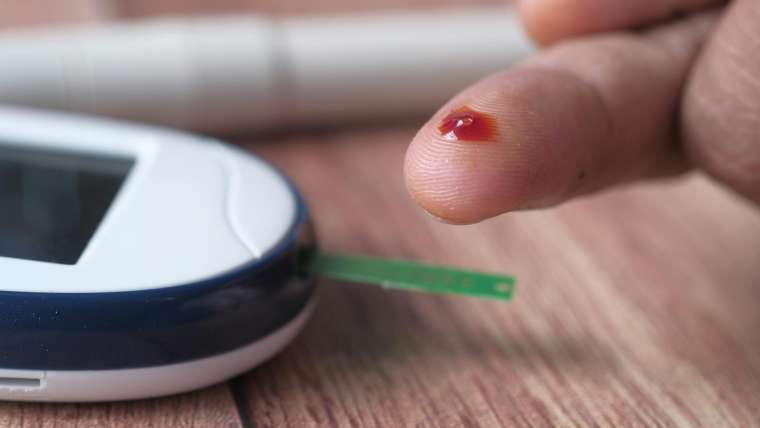Discover the ultimate guide to preventing and relieving kidney stones before they disrupt your day. Your kidneys will thank you!
Table of Contents
Kidney stones are a common medical condition that affects millions of people worldwide. These small, hard deposits formed in the kidneys can cause intense pain and discomfort, leading to disruptions in daily life. In this comprehensive guide, we will explore the causes, symptoms, treatment options, and prevention strategies for kidney stones.
Kidney Stones: Causes and Symptoms
Kidney stones are mineral deposits that form in the kidneys when urine contains more crystal-forming substances than can be diluted. The most common types of kidney stones are calcium stones, which are formed from excess calcium in the urine. Other types include struvite stones, uric acid stones, and cystine stones. Symptoms of kidney stones may include severe pain in the back, side, abdomen, or groin, as well as nausea, vomiting, and blood in the urine.
Treatment Options for Kidney Stones
For small kidney stones that can pass on their own, drinking plenty of water and taking pain medication may be sufficient treatment. However, larger stones may require medical intervention, such as shock wave lithotripsy to break up the stones, ureteroscopy to remove stones from the urinary tract, or surgical removal of the stones. In some cases, medication may be prescribed to help prevent the formation of new kidney stones.
Prevention Strategies
Preventing kidney stones from forming in the first place is essential for long-term kidney health. Here are some tips to reduce your risk of developing kidney stones:
| Tip | Description |
|---|---|
| Adequate Hydration | Drink plenty of water throughout the day to help flush out minerals that can form stones. |
| Limit Sodium Intake | High sodium intake can lead to an increase in calcium levels in the urine, contributing to stone formation. |
| Watch Oxalate Intake | Reduce consumption of high-oxalate foods like spinach, nuts, and rhubarb, which can contribute to certain types of kidney stones. |
| Calcium-Rich Diet | Ensure adequate calcium intake from sources like dairy products to help prevent oxalate absorption in the gut. |
| Regular Exercise | Stay active to promote overall health and reduce the risk of obesity, a known risk factor for kidney stones. |
| Medical Evaluation | If you have a history of kidney stones, consult with a healthcare provider for personalized advice and treatment. |
- Stay hydrated by drinking plenty of water throughout the day.
- Limit your consumption of foods high in oxalates, such as spinach, chocolate, beets, and nuts.
- Reduce your sodium intake to help prevent the formation of calcium stones.
- Eat a balanced diet that includes adequate amounts of calcium and fiber.
- Avoid excessive consumption of animal proteins, as they can increase the risk of uric acid stones.
- Consult with a healthcare provider to determine if any medications or supplements you are taking may contribute to kidney stone formation.
Conclusion
By understanding the causes, symptoms, treatment options, and prevention strategies for kidney stones, you can take control of your kidney health and reduce your risk of experiencing the pain and discomfort associated with this condition. Incorporate these tips into your daily routine to support healthy kidneys and enjoy a happier, more comfortable life.
FAQ
Question 1: What are the main causes of kidney stones?
Answer 1: The primary causes of kidney stones include inadequate hydration, diet high in sodium and oxalates, certain medical conditions, and family history of kidney stones.
Question 2: How can I prevent kidney stones?
Answer 2: Prevent kidney stones by staying hydrated, watching your diet, limiting sodium intake, exercising regularly, and seeking medical advice if needed.
Question 3: Are kidney stones a common condition?
Answer 3: Yes, kidney stones are a prevalent medical issue that affects millions of people worldwide, with varying degrees of severity.
Question 4: What are the treatment options for kidney stones?
Answer 4: Treatment options may include lifestyle changes, pain management, lithotripsy, ureteroscopy, or surgical removal depending on the size and location of the kidney stones.





